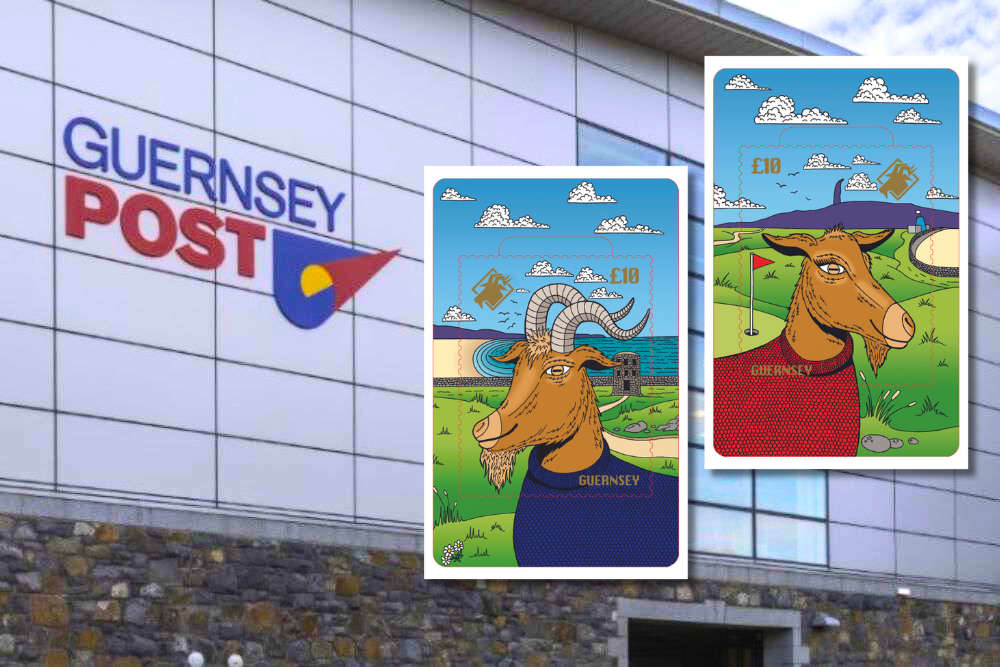
A proposed new law to improve the protection of wild animals, birds and plants in Jersey will be debated in November.
It would replace the current 20-year old law which has been called out of date and in need of substantial changes to make sure Jersey meets its international responsibilities.
The Environment Minister signed a ministerial decision in April 2018 to completely replace the law.
Deputy John Young says that in dealing with offences in recent years, his department have highlighted problems such as:
- A lack of clarity over interpretations in the law
- Gaps in coverage
- A lack of flexibility to apply different levels of protection to individual species or groups of species in line with their local conservation status
- Outdated licensing that prevents effective regulation and enforcement of activities affecting protected species.
The Minister adds that since the 2000 law came in, the pressures on biodiversity have increased significantly through, for example,:
- Habitat loss
- Climate change
- The spread of invasive non-native species
"As part of the same member state as the United Kingdom, Jersey must ensure that domestic legislation and policy is regularly reviewed and updated to ensure full compliance with international obligations and standards, on the same basis as the United Kingdom.

"Wildlife populations in Jersey suffer similar threats to those in the UK, the Island being particularly vulnerable to the impacts of pressure for
development, climate change and the introduction of invasive non-native species to the Island. Jersey is also host to a number of species of wild animal, bird and plant that are of European and international concern."
An island-wide consultation was launched on the new law in 2019, which involved three public meetings.
The planned changes under the new law are:
Two levels of protection instead of one: Under the current law, all protected species are given same level of protection. The new law would give two general levels of protection – with higher levels of protection for certain species dependent on their 'distributon, rate and rarity'. That list would be defined and reviewed periodically.
More protection for nests and dens: Under the current law, the dens and nests of protected animals and wild birds are protected 'whilst in use or being built.'
The new law states they can be in use even if temporarily unoccupied. If approved, it would be an offence to interfere with dens and nests relied on for breeding, to interfere with breeding sites and resting places, and to deliberately disturb certain protected animals and wild birds, whether they’re near the den or nest or not.
Powers to designate areas of special protection: The new law would give the Environment Minister the power to choose areas of special protection. It can be done temporarily such as during a breeding season for a particular species or year-round. People living in the area have to be told and can lodge an appeal.
Making it illegal to release non-native species into the wild: The new law would make it an offence for a person to 'deliberately or recklessly' release an invasive non-native species into the wild. An Invasive non-native species is defined as not normally appearing in Jersey and it being likely to have a significant adverse impact on Jersey's biodiversity
It would also be an offence to deliberately release a non INN species, except for certain exceptions.
Investigating where non-native species are: The new law would give the Environment Minister the power to appoint officers to investigate whether INN species are present and to seize, record and take samples.
Officers can enter into a ‘species control arrangement’ with the owner of a premises where INN species are thought to be present. They can also enforce ‘species control orders’ if they refuse. An appeal against such an order can be lodged.
The duty of public bodies to protect Jersey's biodiversity: Public bodies would have to publish regular reports on how they're promoting the conservation of biodiversity in Jersey.
Giving out licences: The new law would allow the Environment Minister to give out licences for certain acts & activities to exempt them from committing an offence – but only if it won't be detrimental to the survival of wildlife. Appeals can be made against granting or refusing a licence.
Punishments for breaking the new law: All offences under the proposed law would carry a standard penalty of two years in prison and a fine. Certain offences carry a 12-month prison term & fine – such as interfering with active nests or dens, using illegal methods of capture, offences involving wide plants and breaching licence conditions.
Penalties would be calculated separately where offence relates to more than one animal, bird, nest, egg, or plant.
"It is anticipated that once debated and if approved by the States Assembly, the Wildlife Law will be forwarded to the Privy Council for sanctioning. The existing Conservation of Wildlife (Jersey) Law 2000 and associated Animals (Trapping) (Jersey) Law 1961 will be repealed on the date that the Wildlife Law comes into force."


 Nude Dunes planning application refused again
Nude Dunes planning application refused again
 128 homes to be built in St Peter
128 homes to be built in St Peter
 Haut du Mont memorial garden to include victims' favourite flowers and play area
Haut du Mont memorial garden to include victims' favourite flowers and play area
 Woman sexually assaulted at First Tower
Woman sexually assaulted at First Tower
 Single-use vapes banned from next month
Single-use vapes banned from next month
 Guernsey Post launches world first 'Cyberstamps' rather than 'Cryptostamps'
Guernsey Post launches world first 'Cyberstamps' rather than 'Cryptostamps'
 Guernsey gets first woman Chief Minister
Guernsey gets first woman Chief Minister
 Cost of more health appointments reduced by £10
Cost of more health appointments reduced by £10

